9 stocks to see through an Apocalypse
Economist Nouriel Roubini, who notably called the 2008 financial crisis, just stated in an interview reported by Bloomberg that we could be in for a "severe, long and ugly" recession that could see 40% wiped from the S&P 500.
“Even in a plain vanilla recession, the S&P 500 can fall by 30%," he added.
If that eventuates, calls that we have already seen the bottom were not only premature but way off the mark.
It's not the kind of thing any investor wants, to be sure. But the best investors always rise to the occasion, at any given point in the business cycle.
And how do they do that? Well, when things get really bad, by filling up their portfolios with stocks that they'd happily put in the bottom drawer if the stock market closed for five years.
Conveniently, I've been asking every guest that comes on The Rules of Investing that very question.
Below you'll find summaries of their elected stocks dating all the way back to the April sell-off.
The Enigma: LG Chem (KRX: 051910)
Views as of 11 April 2022.
This one may be best called a value enigma. A valuation dislocation that simply doesn't make sense and will likely move back to equilibrium - to the benefit of investors who get on board before it does.
"LG Chem produces lithium-ion batteries, but they do other things, they have a small pharmaceutical business, they do TVs and consumer electronics, and a bunch of other stuff," says Lucas White - portfolio manager for GMO's Resources and Climate Change Strategies.
"But they listed their lithium-ion business [LG Energy] separately a few months ago, and they kept 80% of it, and if you look at the value of their stake in LG Energy that they've listed separately, LG Chem's stake alone is worth twice the market cap of LG Chem, and then, of course, their legacy business is worth a substantive amount as well. And then their legacy business is worth a substantive amount as well."
"People talk about efficient equity markets, but someone needs to explain that one to me because I don't get it," says White.
"We've asked around and no one seems to get it, this huge dislocation where they have a stake in another company that's worth 2x their current market cap and there's real value in the rest of their business as well."
So, all told, its place in the bottom drawer is thus justified due to its unique mix of wacky valuation and future-proof thematic.
That one seems like a safe bet; no matter what happens in the world in the next five years you'll probably need lithium-ion batteries. And that will protect LG Chem's valuation and presumably grow it substantively.

Smartest guys in the room: Microsoft (NASDAQ: MSFT)
Views as of April 17 2022.
For Ben Griffiths , Managing Director and Senior Portfolio Manager at Eley Griffiths Group, Microsoft is a story of reward and regret. He made a lot of money off it, but wishes he didn't sell it.
"I waited post the Steve Ballmer days when the stock went sideways and didn't do anything for a decade," says Griffiths
"And in the September quarter 2016 Microsoft broke out and started to move. And I saw the break and thought 'is this the setup we've been waiting for, has this stock finally finished the decade-long consolidation? So I bought some at US$57."
Then Griffiths collected profits, to his chagrin.
"I kick myself now, but I sold it at about $155 a share. I was anxious about the market settings and figured I'd done well enough out of it.
"You don't sell good companies."
Microsoft went on to rise to US$300 a share and plans to buy it when and if it drops to $210.
"Microsoft is one of the world's truly great businesses and will continue to be. They're the cleverest guys in the room and have extraordinary businesses."
.jpg)
From 550 to 1000 stores: Lovisa (ASX: LOV)
Views as of June 1 2022.
Simon Shields, the co-founder of Monash Investors, likes stocks where you've got more confidence in the growth in earnings over time and you've got strong reasons to have confidence in the metrics, such as sales per store.
"One of those we've done so well out of is Lovisa, where we got in very early at about 150 stores, and it now has 550 stores.
Lovisa appreciated 10x since Shields bought it, though some of those gains have been pared back this year.
"In Lovisa, we can see there's still a very long store rollout runway in the United States and Europe. Currently, there are 550 stores and we could easily see 2000 stores over the next 7-8 years. The market doesn't think it will get there, but as it does the price will follow."
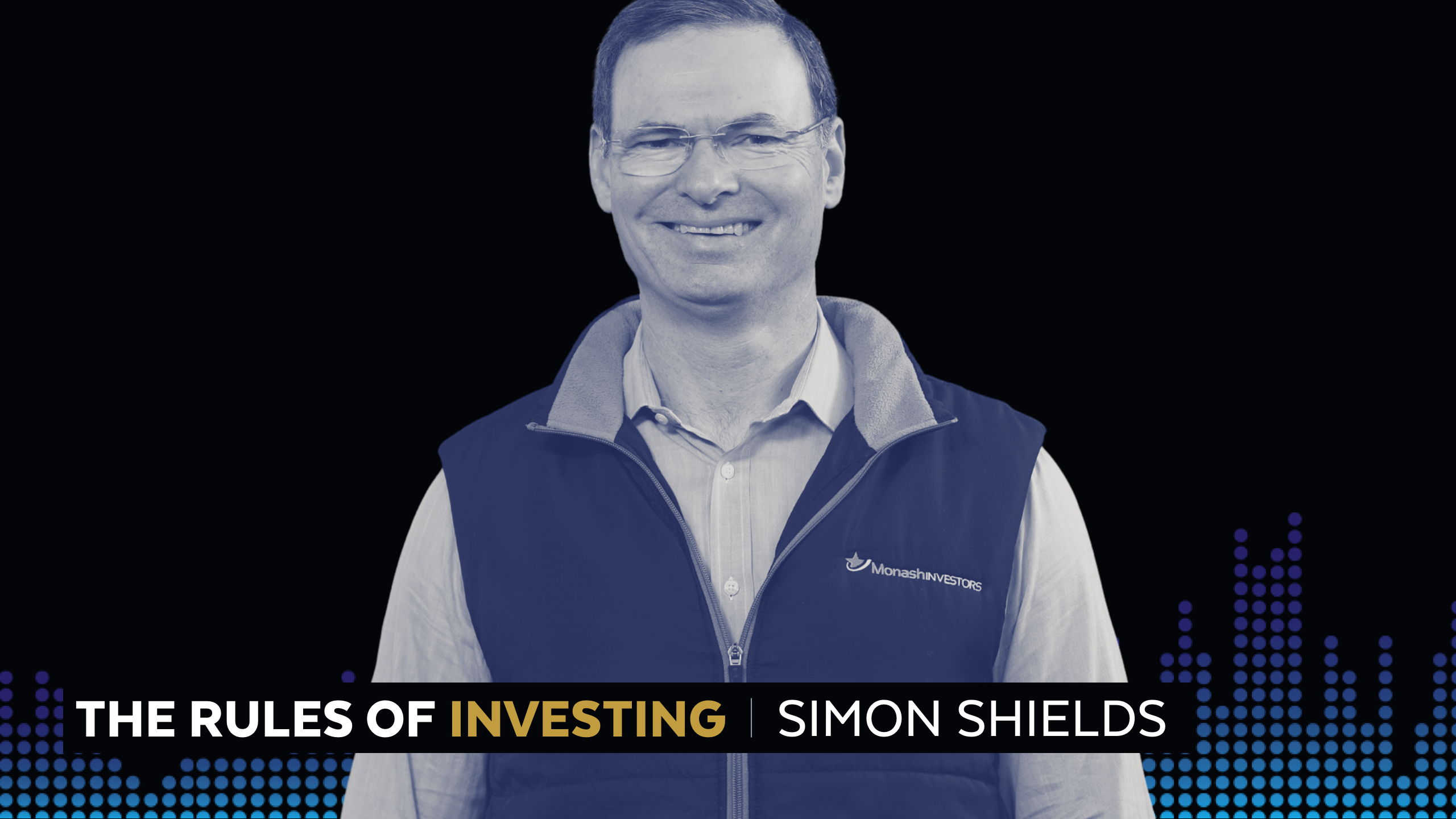
Property gold mine: MAAS Group (ASX: MGH)
View as of June 8, 2022
Oscar Oberg, a lead portfolio manager at Wilson Asset Management, loves the alignment found in founder-led companies, and Maas Group is a prime example.
Maas is a regionally based construction and building materials company.
"The business was founded by Wes Maas, and the board and management own 60% of the shares on issue and have continued to buy shares since the company was listed.
The business listed in 2020 and has done incredibly well.
"For any listeners who have been to towns such as Armadale, Dubbo, Wagga, Orange, Mudgee, these places have had a huge population boom in the last few years... and a lot of the larger building materials companies have had their own problems and have left regional areas," says This has meant that Mars has a dominant position, in some ways a monopoly in certain towns."
"If you look at the run rate of earnings into next year, before organic growth, we think it's trading on a P/E of around 13x earnings."
But this isn't even the kicker - the $200 million in residential and commercial property on the balance sheet.
"What people miss is that this property was bought in the worst of the drought and much of this property is worth materially higher than what it is on the balance sheet," says Oberg.
"We think the developed value of this property is multiples higher than that $200 million, and we think it will take 12 months for the market to work this out. The standalone business is probably worth $6.50, but if you add in the property we think it could get to $10 over the next 2-3 years."
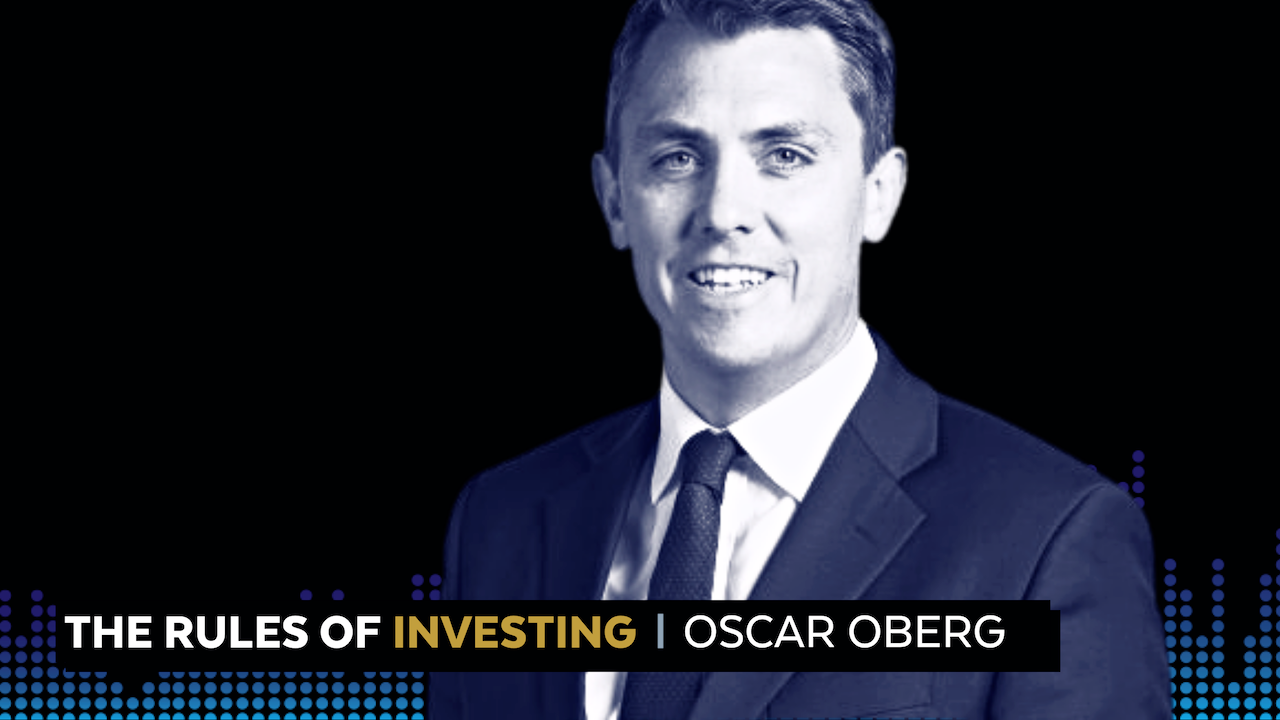.png)
Pressing an advantage in sports betting: Flutter Entertainment (LON:FLTR)
Views as of June 23, 2022.
Flutter is a multi-regional online sports bookmaker with a presence in the UK, Ireland, India, and Europe and it also owns Sportsbet in Australia.
"A lot of these markets are highly regulated and highly consolidated," says Vince Pezzullo - Deputy Head of Equities at Perpetual.
"The other thing that really attracts us to it is balance sheet is very good, it generates good cash flow."
But Pezzullo is keen on flutter for one overriding reason - it's hitting the US at just the right time as its regulatory landscape changes. Previously you could only bet in Nevada, but now each state sets its own sports betting regulations.
"In the US [Flutter] is number one in sports betting by a significant margin. Its biggest competitor, Draft Kings, has been hit hard by the downturn because it relies upon equity financing to survive. They're using their cash flow to press their advantage in the US."
That US opportunity is totally underestimated by the market, in Pezzullo's view, "given the market's gaze is 6-12 months away in terms of what they're thinking about the business.
"I think you can put it in the bottom drawer."
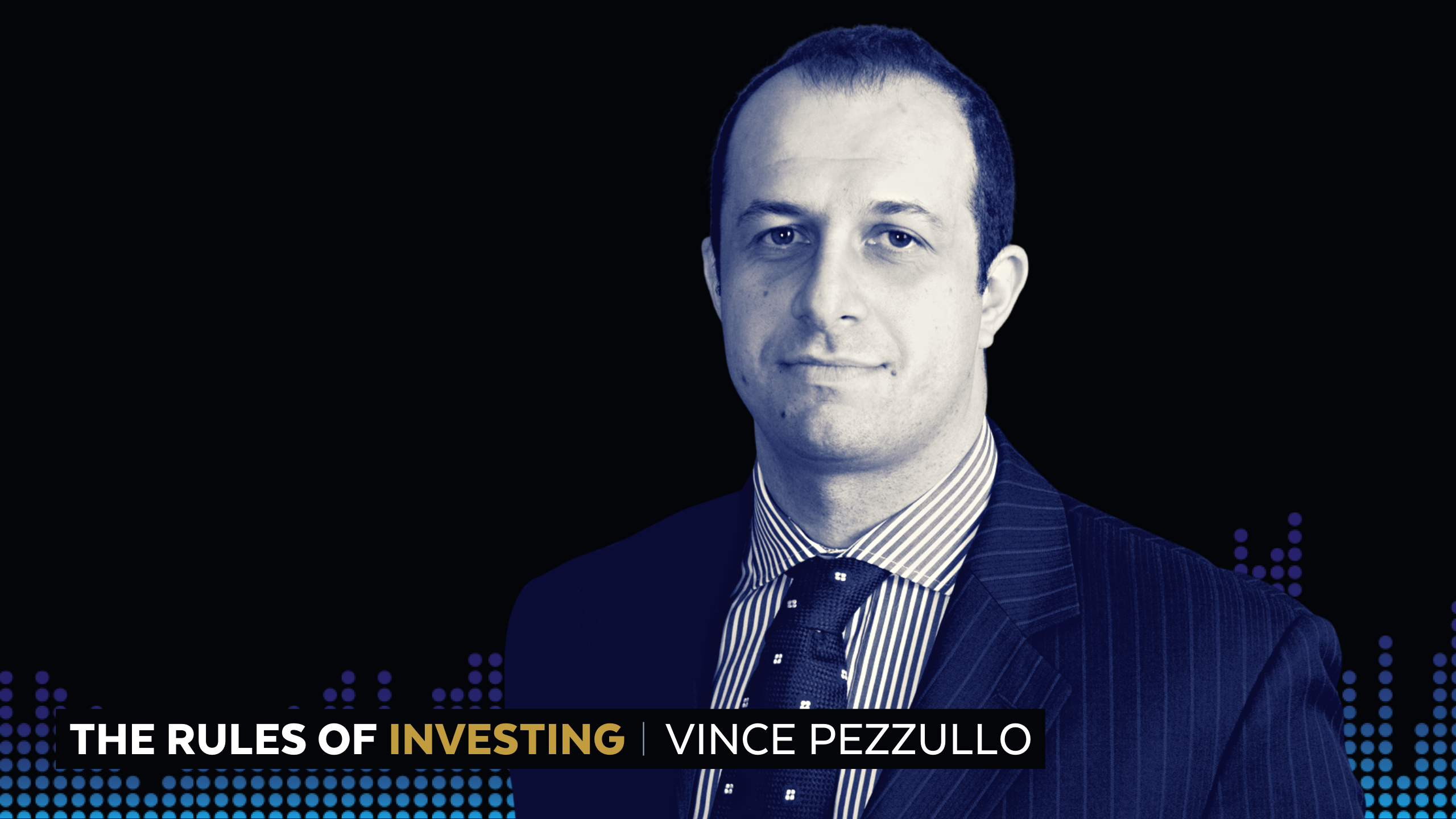
Set to dominate: Audinate (ASX: AD8)
Views as of Friday 5 August 2022.
Audinate is in the business of audio-visual networking - essentially, how devices communicate with one another.
"They're just getting their platform in as many devices as possible... I'm absolutely convinced they'll be the dominant platform in their space in the future," says Donny Buchanan, Co-Founder, CIO and Portfolio Manager for the Lakehouse Small Companies Fund.
"Despite being a tough operating environment over the last couple of years, I think the management team have done an incredible job of doubling down and investing for the long-term," says
Buchanan says the company's focus is on proliferating its network and ecosystem.
"They've clearly won the market on audio, they're very well-placed to win it on video."
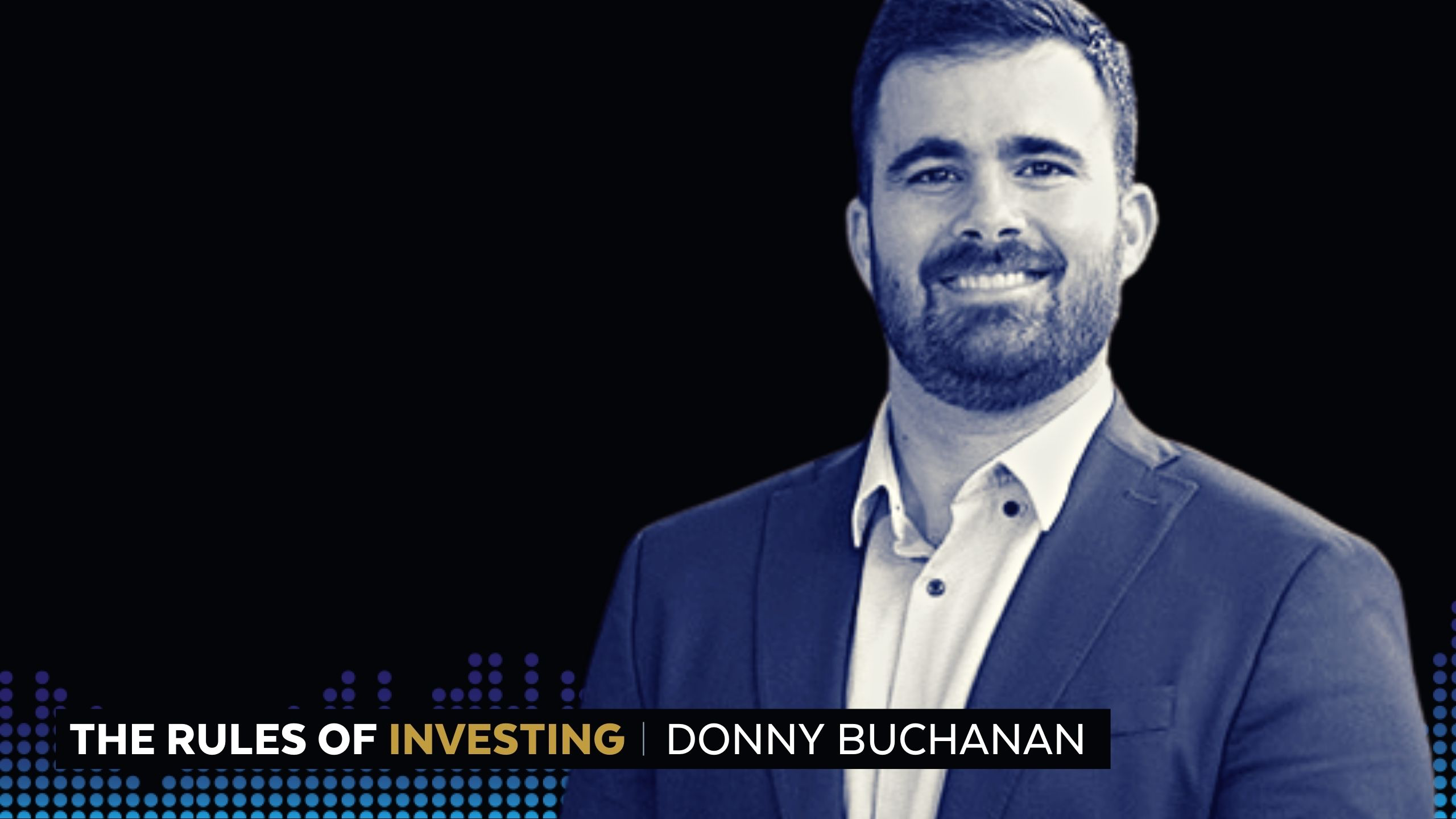.jpg)
Don't write off Big Tech: Apple (NASDAQ: AAPL)
Views as of 18 August 2022.
When times are tough, it helps to look for businesses with high moats. And moats don't come much bigger than the one circling Apple.
"In the last 20 years, Apple has outperformed the benchmark in 18 of those years.
So if you're telling me you have five years... the fact you can find a company that outperforms in up markets and down markets, that sounds like a pretty good bet," says Mary Manning from Alphinity Investment Management.
I'm a fan of some of the big tech companies, and something we haven't talked about is the theory out there that when things are tough, these companies take market share.
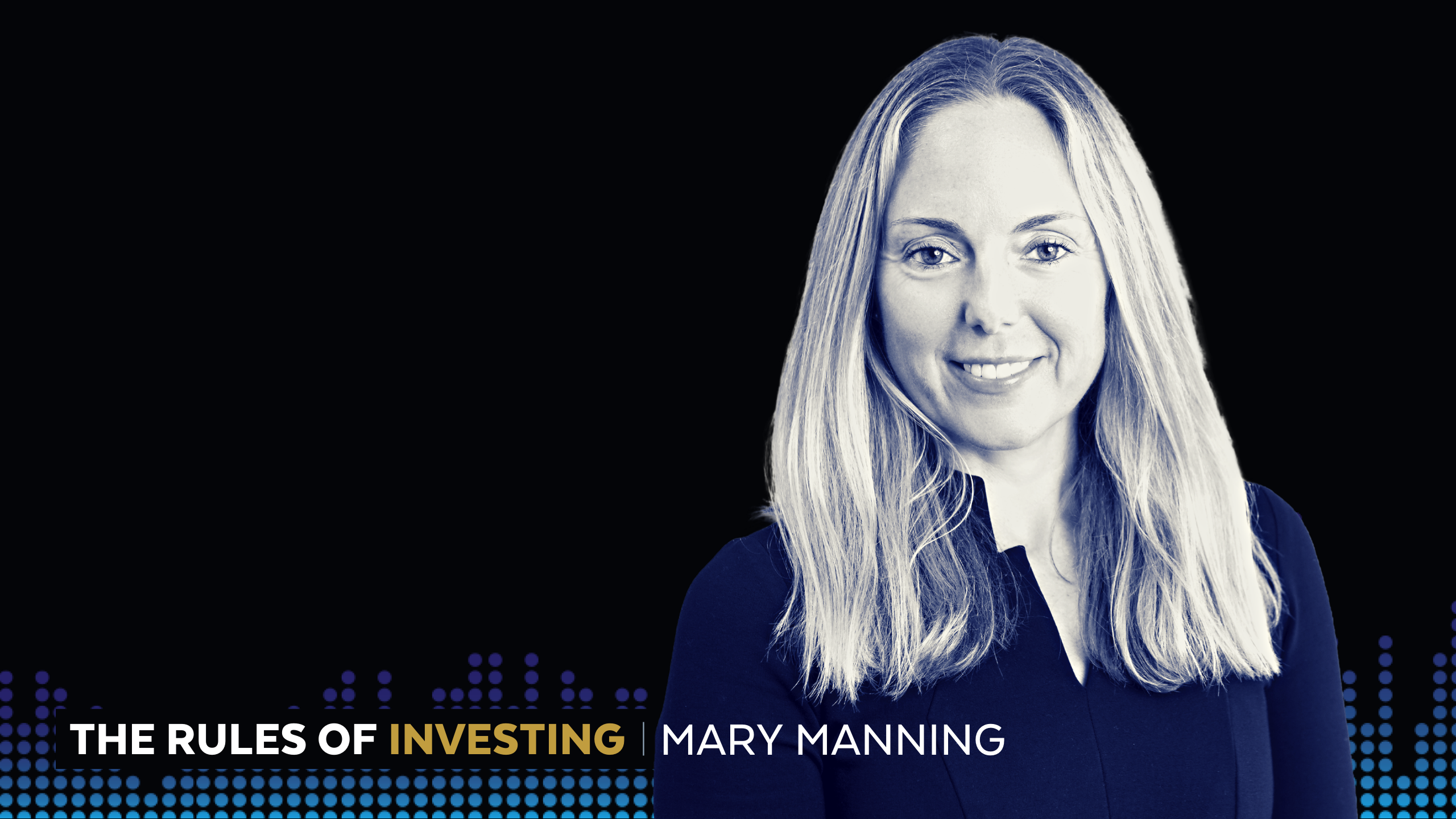
Fortress balance sheet: Woodside (ASX: WDS)
Dr Philipp Hofflin, Portfolio Manager on the Australian Equity Team at Lazard Asset Management, likes Woodside not because it's the cheapest stock, but because it's a safe stock.
"The company has a fortress balance sheet," he says.
"They bought BHP Petroleum entirely with equity so they have almost no debt. Their break-even cost is equivalent to $12 a barrel of oil in a world where Europe they're buying gas at the equivalent of $500 a barrel. And the Asian gas price is at something like $250 a barrel.
In terms of expansion, "gas is a transition fuel, we will need it."
Woodside has an enviable mix of very high cashflows and historically low price.
"At times when the market likes Woodside, it pays double what it pays today ($35)."
.png)
Ticks all boxes: Amcor (ASX: AMC)
Views as of September 12, 2022.
Amcor is a global packaging giant that's trading on a 25-30% discount to the All Industrials ex-banks.
Chris Kourtis from Ellerston Capital likes Amcor for its quality management, its lead global position in flexible and rigid packaging, and its good management.
Kourtis reckons Amcor would be on a P/E of 14.5x, which puts it at a big discount to the industrial market. It has a dividend, meanwhile, of 4% versus packaging peers at 1%. And return on invested capital is double that of its peers.
"You talk about companies that make mistakes - RIO bought Alcan [Packaging], blew up the balance sheet and then had to sell it Amcor which they bought for 4x EBITDA after synergies. It's not often you get to buy your number 1 competitor at 4x EBITDA., and the regulator let it through because so many companies were going under."
"[And] they've acquired Bemis, which cements their position in North America."
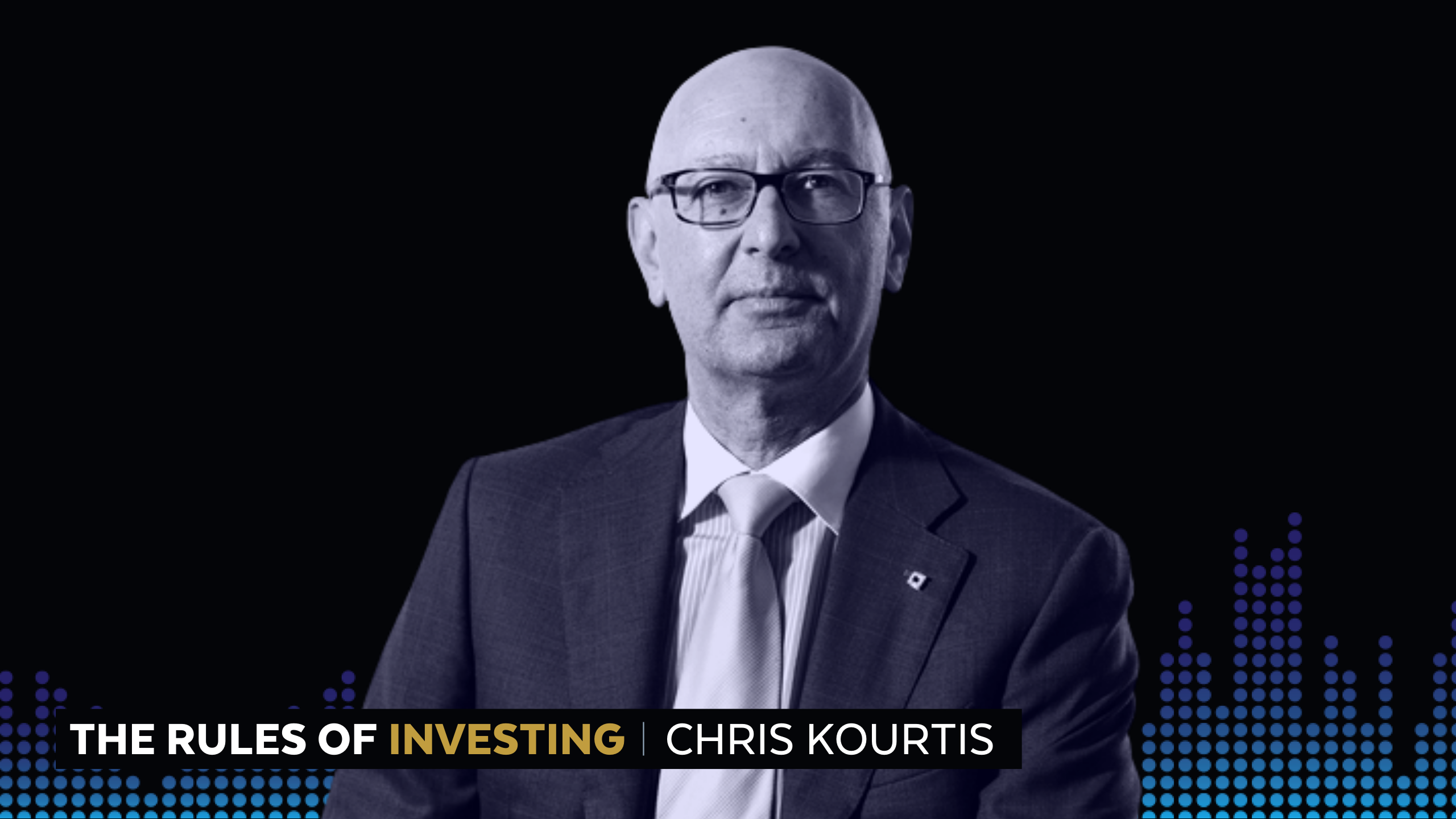
Never miss an insight
Enjoy this wire? Hit the ‘like’ button to let us know. Stay up to date with content like this by hitting the ‘follow’ button below and you’ll be notified every time we post a wire.
Not already a Livewire member? Sign up today to get free access to investment ideas and strategies from Australia’s leading investors.
1 topic
7 stocks mentioned
9 contributors mentioned

